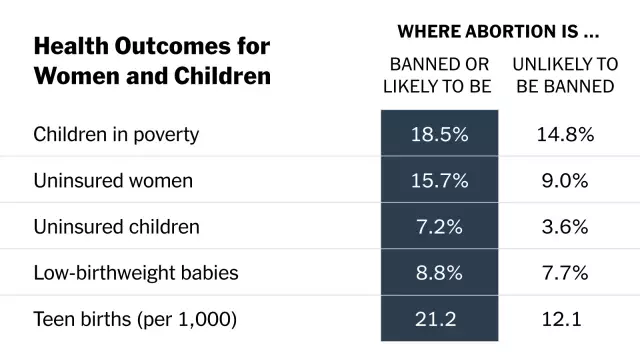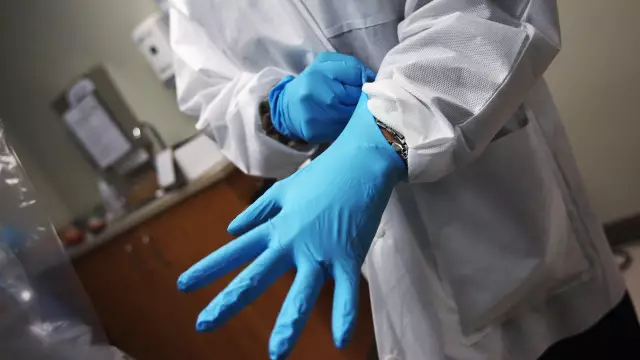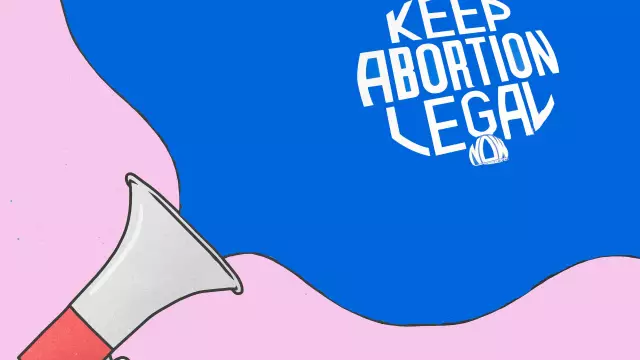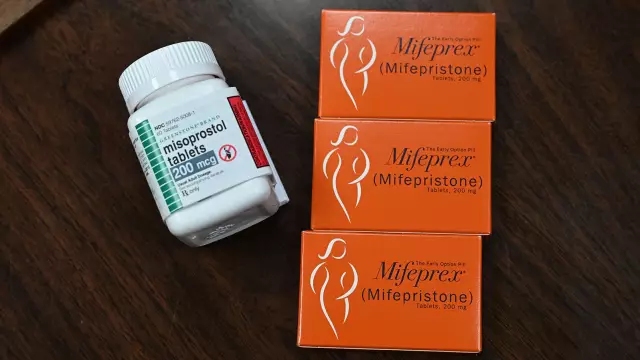- Author Rachel Wainwright wainwright@abchealthonline.com.
- Public 2023-12-15 07:39.
- Last modified 2025-11-02 20:14.
What to do after an abortion
Regardless of the reasons for the perfect abortion, a woman in any case will have to return to her usual everyday life.
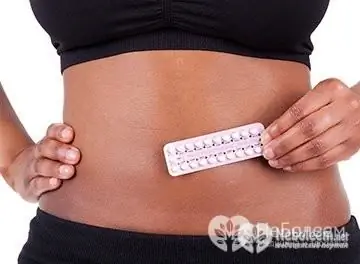
Therefore, many patients ask the doctor what to do after an abortion for a quick and complete recovery of the body. And, of course, every woman should definitely know what is needed after an abortion in order to minimize the risk of complications.
What to do after an abortion for a quick recovery
The risk of developing possible complications depends on the method of abortion. The risks of complications after surgery are reduced if the interruption is performed by an experienced physician. With medical abortion, the general condition of the body is restored rather quickly. After surgical intervention, quite serious rehabilitation is often required.
There are general rules on what to do after an abortion in order to reduce the risk of various complications. These rules are simple enough.
After the operation, you must stop having sex for at least three weeks, until the end of the first menstrual cycle. After all, sexual contact can provoke bleeding, rejection of the mucous membrane of the cervix. During intercourse, an infection can enter the uterine cavity.
For two weeks after the procedure, it is forbidden to play sports, carry a heavy load. Only in this case it is possible to ensure complete rest of the muscle mass in the abdominal region. Complete rest is all that is needed after an abortion. After the operation, so much time should pass so that the woman's body can restore physical health without external stimuli.
Swimming in pools, open reservoirs, bathing is excluded. You can only wash under the shower. Then bacteria will not be able to enter the body, and this will prevent infection.
Eating right is very important during your recovery from an abortion. After all, abortion is very depleting of the body, so a lot of fiber and protein is required during the recovery period.
It is very important to know what to do after an abortion in order to notice alarming symptoms in time and prevent the development of complications. It is necessary to check the pulse, temperature, pressure, assess the general condition of the body.
Personal hygiene is equally important. Panty liners need to be changed every three hours and washed several times a day. Do not use tampons.
Speaking about what is needed after an abortion for the rehabilitation of the body, one should not forget about visiting a gynecologist. The attending physician seven to ten days after the abortion directs the patient to an ultrasound scan to identify possible remnants of fetal particles. Also, after an abortion, it is advisable to undergo an ultrasound of the mammary glands to prevent the development of tumors.
If, after an abortion, a woman has more frequent breakdowns, stress, depression, then it is advisable for her to visit a psychologist. At the consultation, a psychologist will help you find a way out of this state.
Post-abortion cleaning
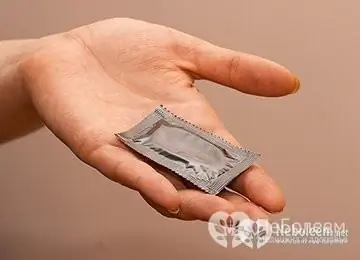
Incomplete release of the ovum is one of the very first complications that many women have to face. In this case, additional cleaning is performed after an abortion, which increases the risk of damage to the cervix and uterine mucosa. As a result of damage to the uterine lining, bleeding may open. What to do after an abortion if you experience heavy bleeding? Naturally, consult a doctor immediately.
After all, if you do not cleanse after an abortion in a timely manner, then pathogenic bacteria will rapidly multiply in the uterine cavity. And the multiplication of bacteria can lead to the rapid development of endometritis, purulent inflammation, salpingitis.
Therefore, at a high temperature, profuse bleeding with blood clots, with pain exceeding the pain threshold during the menstrual cycle, with discharge with an unpleasant pungent odor, fainting, nausea, dizziness, vomiting, you must immediately call for medical help.
Found a mistake in the text? Select it and press Ctrl + Enter.

